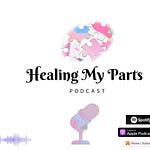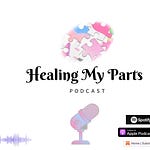It is challenging to find competent care for DID, given how few providers have training in it. Sometimes, even those who claim to have significant training can cause harm depending on their approach and how it impacts the specific system they are treating.
There is plenty of heated discussion about talking directly to parts and whether or not therapists should or shouldn’t do so in the context of therapy sessions. The discussion is so charged at times, it often feels like no one is listening. Many of those without lived experience often assume dysfunction where there is, in fact, great function. We decided to do a more personal share in this episode to explore the topic of therapy and talking directly to parts. Illustrating in what we hope is a balanced way, the harm caused by one approach and the benefits reaped by another.
This episode is for both therapists and systems alike. Through a more personal share of therapeutic experiences, therapists can better understand the need for flexibility, compassion and direct relationships with parts. Systems will see how the right training and credentials do not always translate into helpful therapeutic experiences, but will take away red flags to look for and suggestions for strategies to help their providers course correct when needed.
Podcast Legal Disclaimer
The information provided in this podcast is for educational and informational purposes only and is not intended to be a substitute for professional mental health advice, diagnosis, or treatment. Listening to this podcast does not establish a therapist-client relationship between the listener and the host. Always seek the guidance of a qualified mental health professional with any questions you may have regarding your mental health or medical condition. If you are in crisis or in need of immediate support, please contact a licensed mental health provider or emergency services in your area.














Share this post